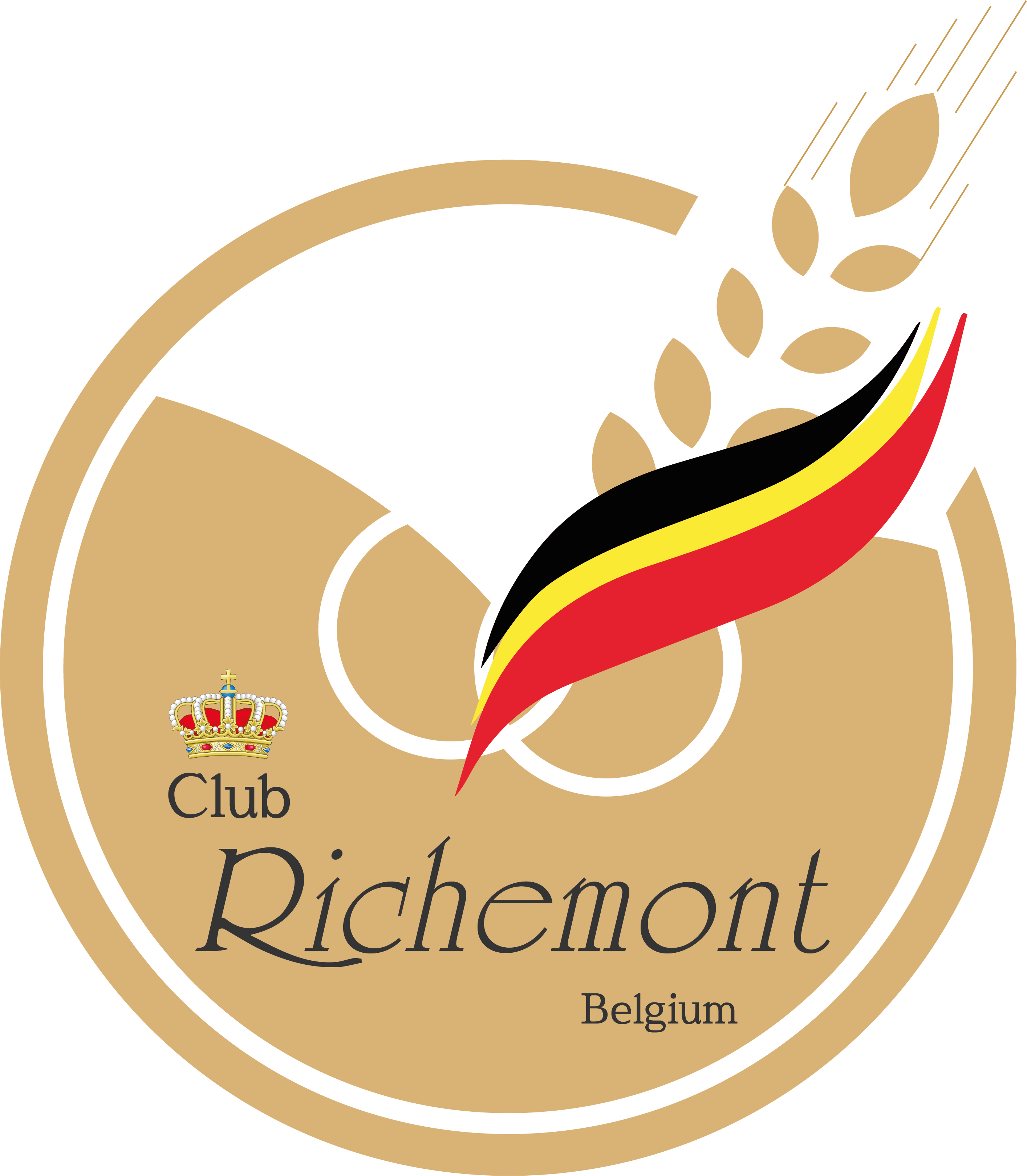Nieuws
Introduction Sourdough Project
For the realization of the sourdough congress in May 2019 in Lucerne we have dealt with different - partly new - aspects about the evaluation of breads with sourdough. Among other things, a test series of sourdough breads was made, which were tested in a laboratory according to the existing nutritional values, dietary fiber, etc.. Thereby important findings were obtained for the first time in comparison with a quick bread and a long bread with sourdough. From this insight arose the need for more information on how the values can be specifically influenced or controlled. For this reason, a continuation of the of the project is planned.
Initial situation
- First knowledge of Sourdough Summit (see: https://sourdough-summit.com)
- Bread analyses from different countries have been made
- Requirement of more information
Through a defined test series of different production processes, the use of different types of grain and degrees of milling and different recipes with and without sourdough, the effect of fast sprouting without sourdough up to long sprouting with sourdough is to be investigated. The production methods are very much based on the current practical methods of the industry or are production recommendations of the Richemont technical school. With the different degrees of grinding of the cereals, we test the influence of the raw materials and, through the different proportions of sourdough in the recipes, the effect of the sourdough. Finally, we want to know with which production process the health value can be positively influenced in a very targeted way. The entire series of tests is to be carried out at the Richemont Technical School so that the manufacturing processes can always be carried out under the same general conditions. The project complexity is large and the financial framework exceeds the possibilities of Richemont. For this reason, suitable partners/sponsors are to be sought to ensure the implementation. The findings are to be supported by a supplementary scientific scientific study. For this purpose, possible universities/specialist professors are to be contacted in advance to to discuss the implementation.
Concept
- Creating a newly defined test series
- different grain types and degrees of milling
- different manufacturing methods (practice)
- with or without Sourdough
- The test series is repeated so that we can confirm the analyses results and obtain certainty
- Findings to be supported by a scientific study
Period and number of tests
Phase 1
In phase 1 (2020/21) the test series will be carried out with wheat. The tests will be repeated in the appropriate number (up to 3 times) to fulfil the requirements for the scientific study. (Approx. 60 tests)
Phase 2
In phase 2 (2021/22) other cereals will then be investigated. Only very specific test series will then be selected which have been crystallized out of the first phase. (Approx. 84 tests)
Partners / Sponsors
Partners/Sponsors have full access to the analyses values of the planned test series with a minimum participation of 20%. If they assume 70% of the costs or more, the partners can also have a respective influence on the test series. For example by including a certain number of their own raw materials/semi-finished products in the test series. In ideal circumstances, the partners also contribute a network of universities and professors, which is needed for the scientific study.
Laboratory
For reasons of efficiency and costs, we would like to cooperate with a specific laboratory (CNTA, San Adrian Navarra) in Spain for the entire test series. Apart from a cluster risk, the advantages clearly dominate the risks: The appropriate laboratory has acquired specialist knowledge of Sourdough analyses over many years and has all the relevant test methods at one location. This has the advantage that the tests can be carried out within a reasonable time and is logistically simple to handle. In addition, the sources of error while collecting the data are many times less.


Comments